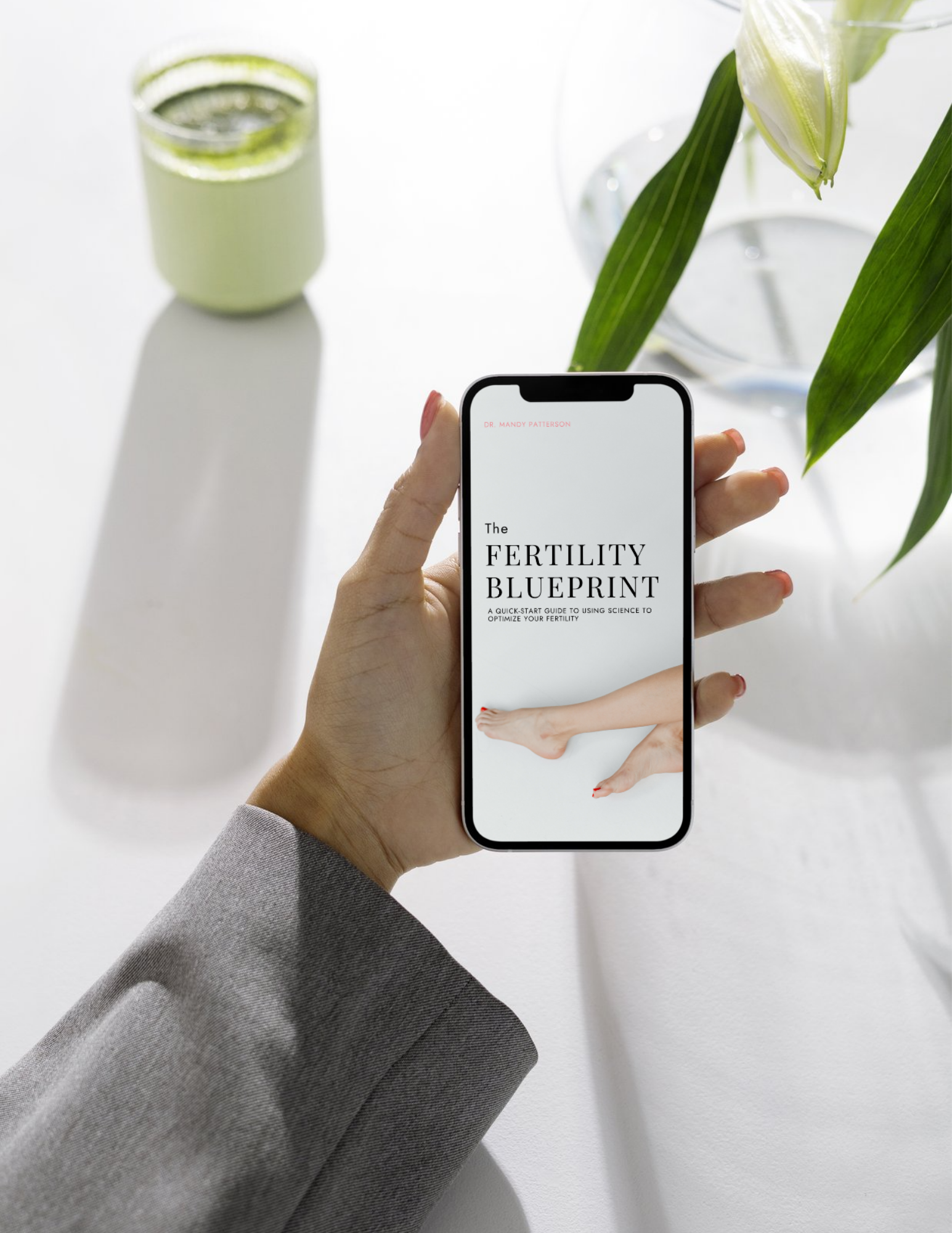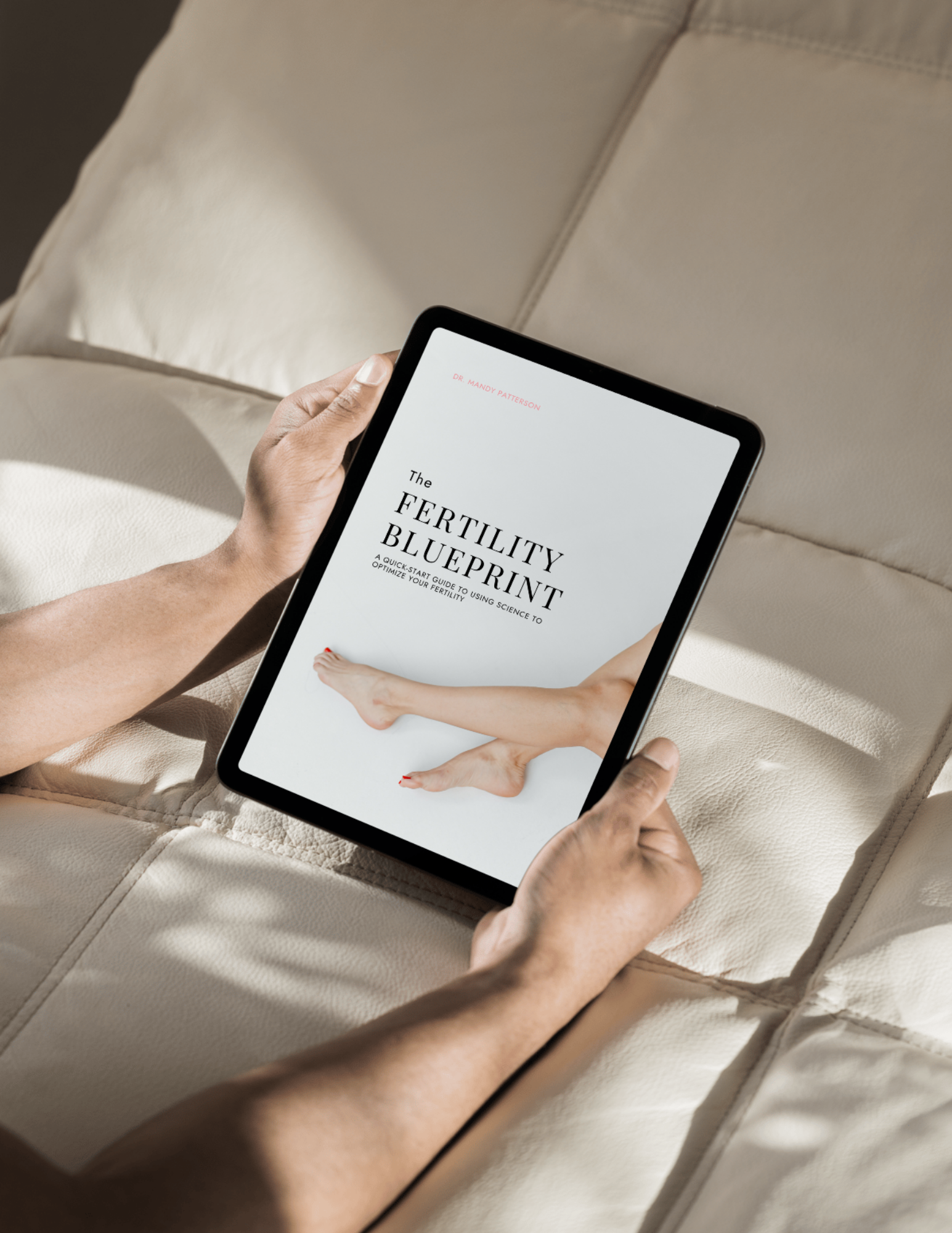If you have young children, you are intimately aware of all things poop. I’m a mom of six, and I’ve been there. Even if you don’t have children, you know that everyone poops. As uncomfortable as it can be to talk about at times, regular bowel movements are critical to your overall health. So, what does poop have to do with your hormones, and what are hormonal constipation symptoms?
This article will answer that question and more! If you’re ready to learn the ins and outs of healthy bowel movements for women, keep reading.
How Does Poop Relate to Your Hormones?
Let’s start with the most pressing question: how does poop relate to your hormones?
Regular bowel movements do more than just escort your digested food out of your body. They also eliminate toxins and harmful hormone metabolites. Your liver is responsible for processing your hormones, converting them to a different form, and transporting them to the gut to be eliminated through the bowels.
More pooping means better hormone regulation!
Unfortunately, when you are constipated and poop less regularly, your body experiences a build-up of toxins and hormones. One hormone that tends to build up is estrogen.
When estrogen is not excreted through the bowels, it can be recirculated back into the bloodstream, where it doesn’t belong. This causes high levels of estrogen, also known as estrogen dominance.
Excess estrogen is dangerous. It can be responsible for PMS, mood swings, lowered libido, irregular menstrual periods, heavy periods, weight gain, hair loss, fertility issues, bloating, hot flashes, and more.
Understanding Constipation
Constipation affects approximately 16% of adults and leads to 2.5 million medical visits per year. It is one of the most commonly experienced gastrointestinal issues people experience.
What exactly is constipation? Constipation is defined as infrequent bowel movements of less than three a week, hard, dry, or lumpy stools, and straining or pain when pooping. When stools move too slowly through the digestive tract or are incompletely eliminated, it can cause them to harden and dry out.
There are a variety of causes behind constipation. Here are some of the most common reasons:
- Imbalanced gut microbiome or gut dysbiosis
- Lack of dietary fiber
- Dehydration
- Food sensitivities
- Certain medications
- Intestinal structure
- Neurological problems
- Colon or rectum blockages
Constipation that occurs occasionally is normal, but when it happens regularly, it is referred to as chronic constipation.
What is Hormonal Constipation?
Hormonal imbalances in women can occur due to several factors like exposure to environmental toxins, poor diet, and autoimmune disease, not to mention the regular hormonal fluctuations that occur during menstruation, pregnancy, and menopause. All of these situations can cause hormonal constipation, and constipation can cause hormonal imbalances.
Ultimately, hormonal constipation, regardless of the cause, goes back to gut health. If your gut microbiome is healthy, your body will function properly. On the other hand, if your gut is out of balance, it will lead to a whole host of problems.
Constipation and Estrogen Dominance
If your gut microbiome isn’t healthy and you aren’t pooping regularly, you can experience reabsorption of estrogen metabolites.
As we discussed earlier, reabsorption of estrogen can lead to estrogen dominance. You see, when there is an imbalance in your gut microbiome, it leads to higher than normal beta-glucuronidase levels. An increase in this enzyme reactivates methylated-bound hormones by removing the methyl group.
When this happens in the gut, estrogen, which is no longer water-soluble, gets reabsorbed into the bloodstream and back into the body.
What is called gut dysbiosis, or an imbalance in your gut microbiome, can be caused by the following:
- Eating processed foods
- An overgrowth of bad bacteria
- Parasites
- Candida
Interestingly, these are often the root causes of your constipation and sometimes even your hormonal imbalance.
Over time, your constipation can lead to symptoms of estrogen dominance, such as:
- PMS
- Heavy periods
- Bloating
- Breast swelling and tenderness
- Low libido
- Hot flashes and night sweats
- Headaches (especially premenstrually)
- Mood swings
- Slow metabolism
- Weight and/or fat gain
How to Relieve Hormonal Constipation
As you can see, failure to poop daily can be a big deal! Here are tips and tricks from a functional medicine perspective on how to relieve hormonal constipation.
Stay Hydrated
You should be drinking half your body weight in ounces daily. Drink plain, filtered water to help keep things moving.
Daily Exercise
Daily exercise aids digestion and improves your hormone health. Remember, your body needs different movement and sometimes rest at certain points in the menstrual cycle. Make sure you are moving your body appropriately during the different parts of your menstrual cycle.
Eating Hygiene
I don’t mean using a fork and knife; I mean slowing down. Your body needs to be relaxed. Rushing in-between bites or directly afterward won’t allow your body to digest properly. Take your time and chew before swallowing.
Consume More Fiber
There are two types of fiber. Soluble fiber helps give bulk to your poop, and insoluble fiber helps get the poop out nicely. Increasing your non-starchy fruits and vegetables and mixing in things like flax, chia, and oats can help boost healthy fiber levels.
Take Magnesium
Magnesium helps fight estrogen dominance which can cause constipation. Estrogen imbalance often occurs alongside magnesium deficiency, causing painful cramping during pregnancy or premenstrual syndrome. Taking a magnesium supplement helps avoid constipation and, as a bonus, helps your body metabolize carbohydrates more efficiently.
Join the Wild Collective
Get on the waitlist to join The Wild Collective. This is a supportive community of like-minded women, offering health education that will help ignite passion and purpose in your life. Learning about the power of women’s health will increase awareness and allow you to tap into and be closely connected to your needs and develop tools to meet them.
The Wild Collective is a 10-session, affordable, women’s health curriculum with lectures, handouts, intentional goal setting, and a supportive community of women who want you to succeed. There are only 20 seats available, so be sure to get on the waitlist!


















